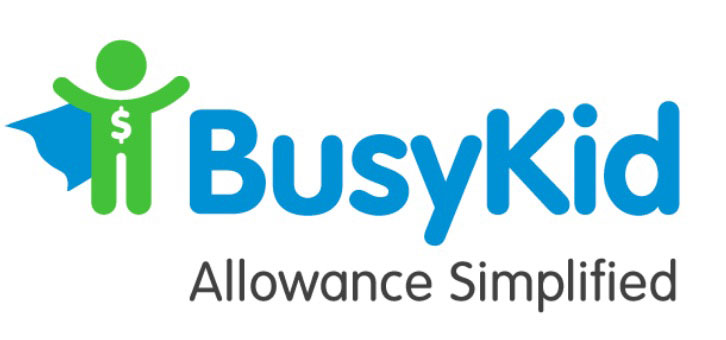It may sound impossible, but…imagine a house that thrived on teamwork…every day?!
Thanks to BusyKid’s CEO Gregg Murset, for this guest article on how parents can pick age-appropriate chores and design an assignment and award system that works.
The average school day is between 6 and 7 hours long and most children have homework to complete after school, plus sports and extra curricular activities. Busy schedules can make it difficult for parents to find time to incorporate chores into the day. But, research has found that helping out with household tasks like laundry, dishes and yard work can help children¹s mental and physical develop while teaching life skills, responsibility and team spirit. Many parents struggle with knowing what chores are age appropriate for their kids, how many tasks to assign and how to, if at all, reward a job well done.
Start ‘Em Young
When it comes to kids helping around the house, start them young. These days, kids as young as 3 are working laptops and tablets. As parents, as we supposed to believe they aren’t old enough to pick up their toys or carry their dirty dishes to the sink or dishwasher? Sure, not all chores are designed for really young kids. However, you know what your child is capable of doing … you just need to have them try doing it.
Build a Routine
Everyone knows kids do better when they have a solid routine. You probably already have one when it comes to getting ready for school, after school or at bedtime. Add a few daily chores to your kids routine to help you around the house or start building a sense of work ethic in your kids.
Fit To Size
While the age of your child may not matter when it comes to doing chores, size certainly does. Leave the “big jobs” for the big kids, while your smaller tikes handle projects closer to the ground.
Reward Success
Parents have tried everything when it comes to rewards for chores – money, stickers, extra TV, later bedtime or video games. We believe that paying an allowance is the best way to reward a job well done because it helps prepare them for the real world as adults. Whether parents pay an equal amount each week or have chores worth different values, the fact is that your child is learning how to earn and how working hard pays off.
Don’t Reinvent The Wheel
There are plenty of chore-allowance systems parents can choose from, so there is no reason to reinvent the wheel. The important thing is to find something that matches your beliefs and will actually keep children engaged. A system that is never used or forgotten after a week or two, fails everyone. Take a look at BusyKid’s online system that teaches kids work ethic and money management. Here, kids can save, share, spend and invest real money they earned through completing chores.
About BusyKid
Formerly known as My Job Chart, BusyKid is the first mobile-website that helps parents teach children about work ethic, responsibility, accountability and managing real money. Even though the website lets kids learn real life lessons surrounding earning and spending money, it also encourages strong character traits, good behavior and supporting charitable organizations.
For more information visit BusyKid.com.
Editor’s Note: I love these ideas, and whether your family decides to use allowance, positive reinforcement, or other ways to get kids involved, it helps parents and kids in so many ways. By teaching kids the value of teamwork and building self-sufficiency, it’s a win-win.







I admire this article and the work of Greg and BusyKid as a strong believer in chores. As a child, I learned to help out around the house, and I am convinced that struggling through dishes at a young age has strengthened my work ethic today.